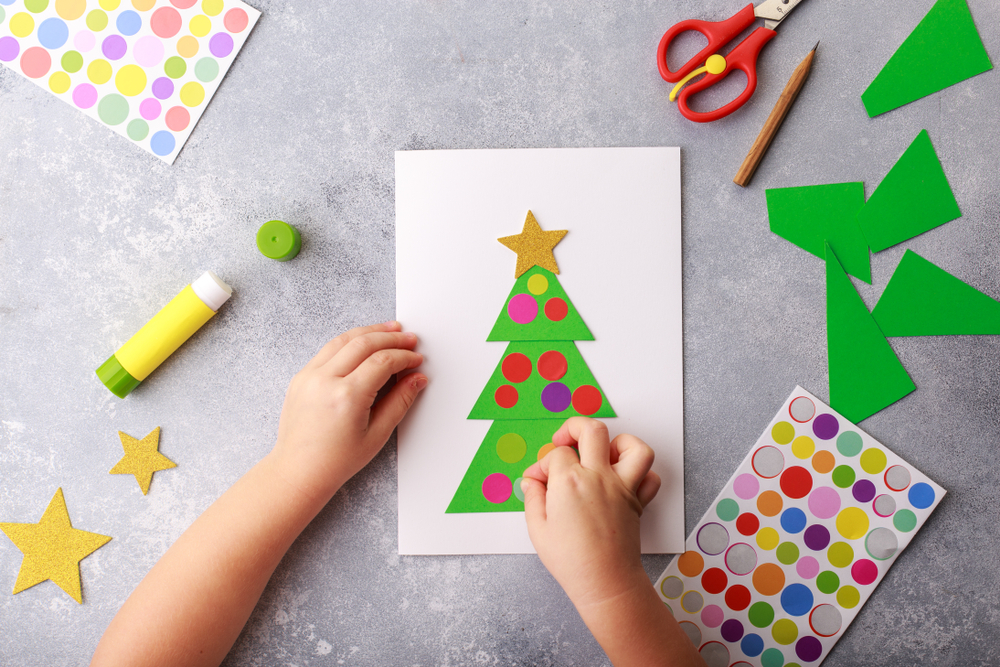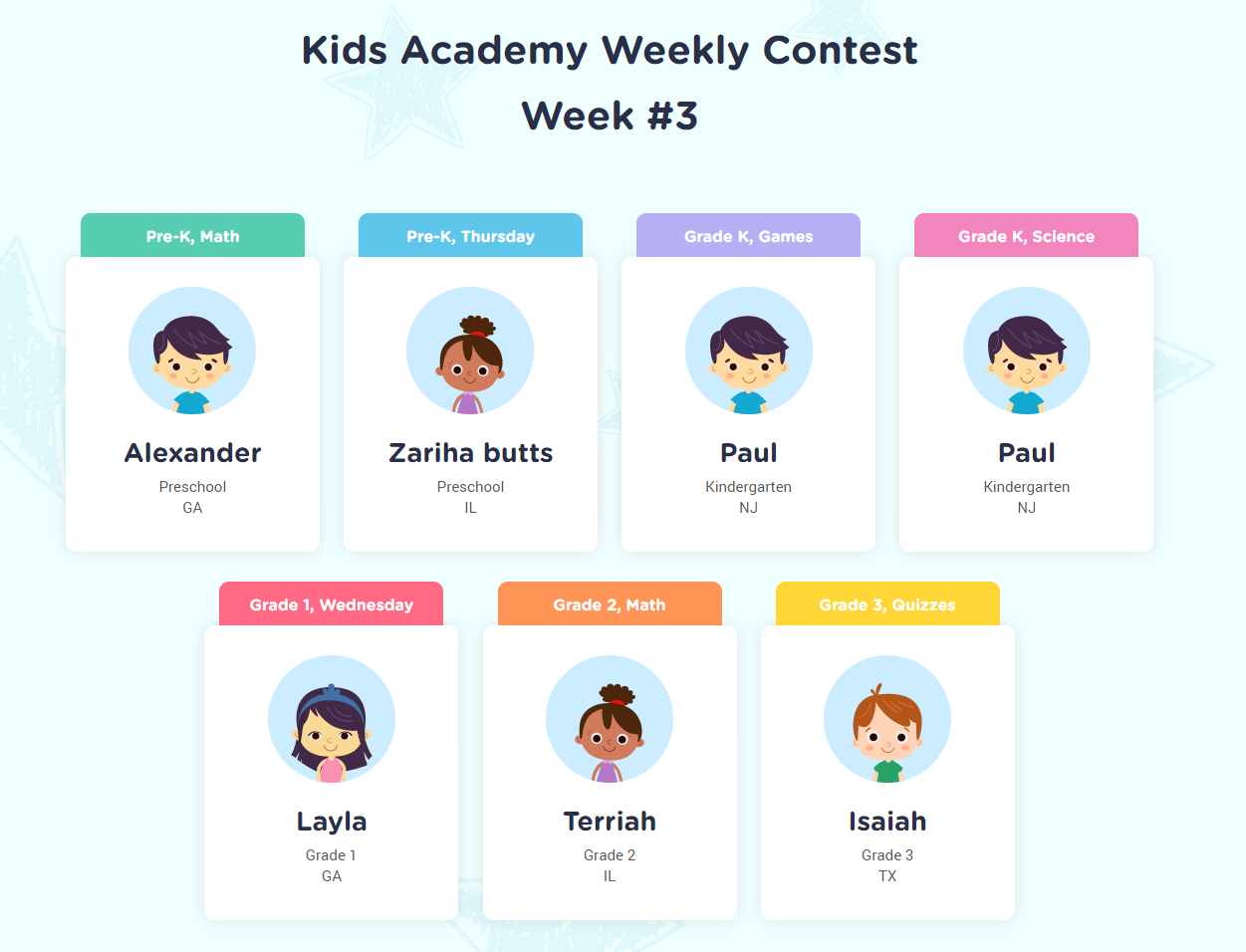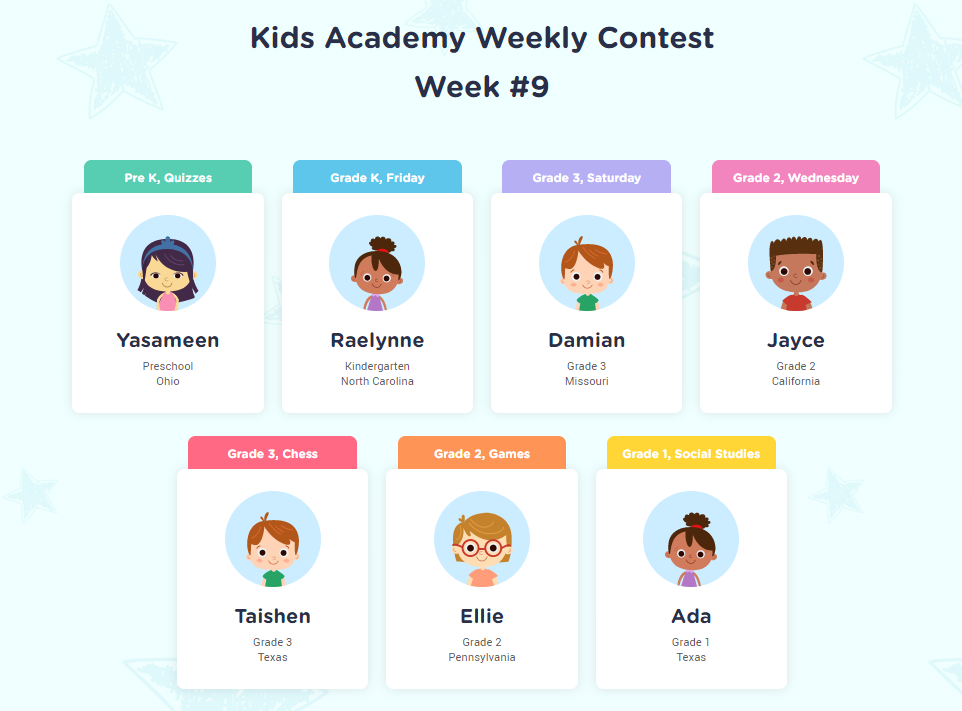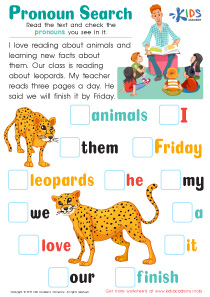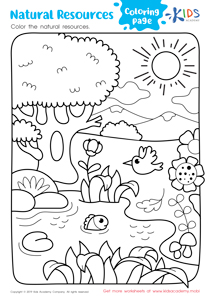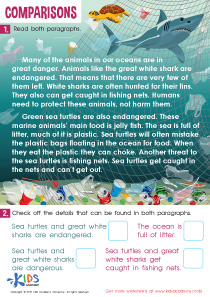Normal Tracing Words worksheets activities for Grade 3
10 filtered results
-
From - To
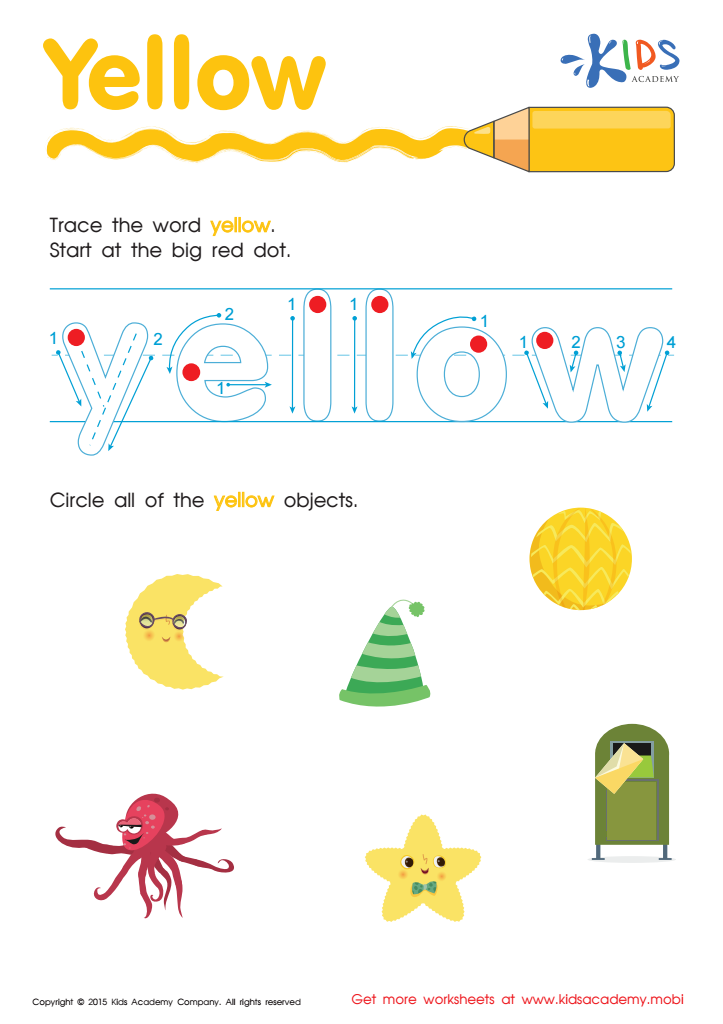

Yellow Tracing Color Words Worksheet
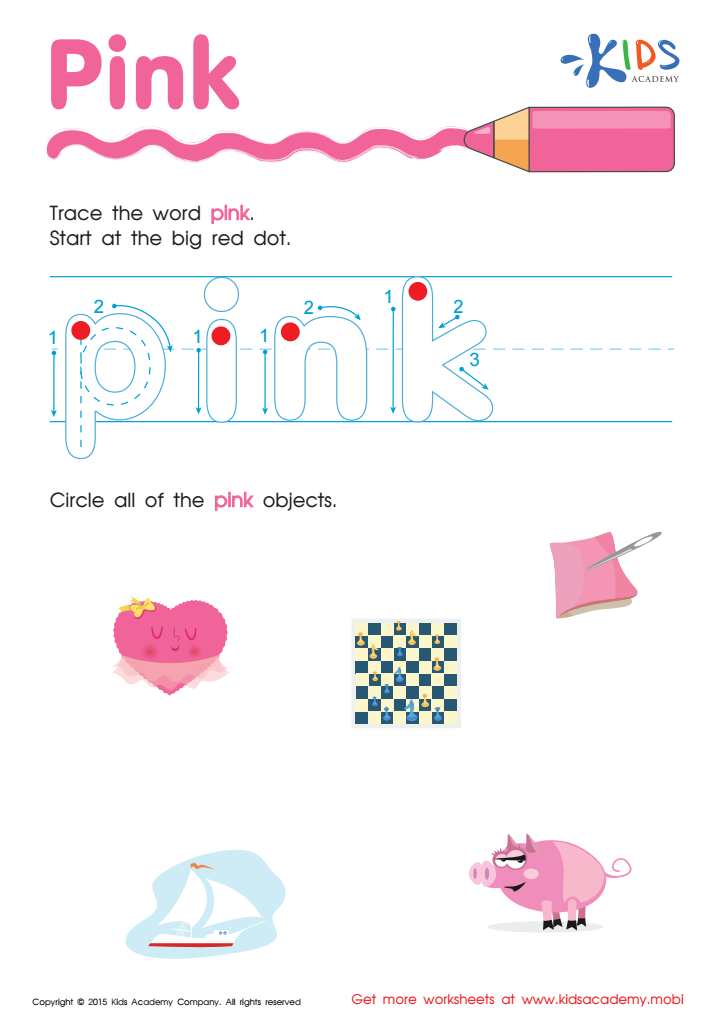

Pink Tracing Color Words Worksheet
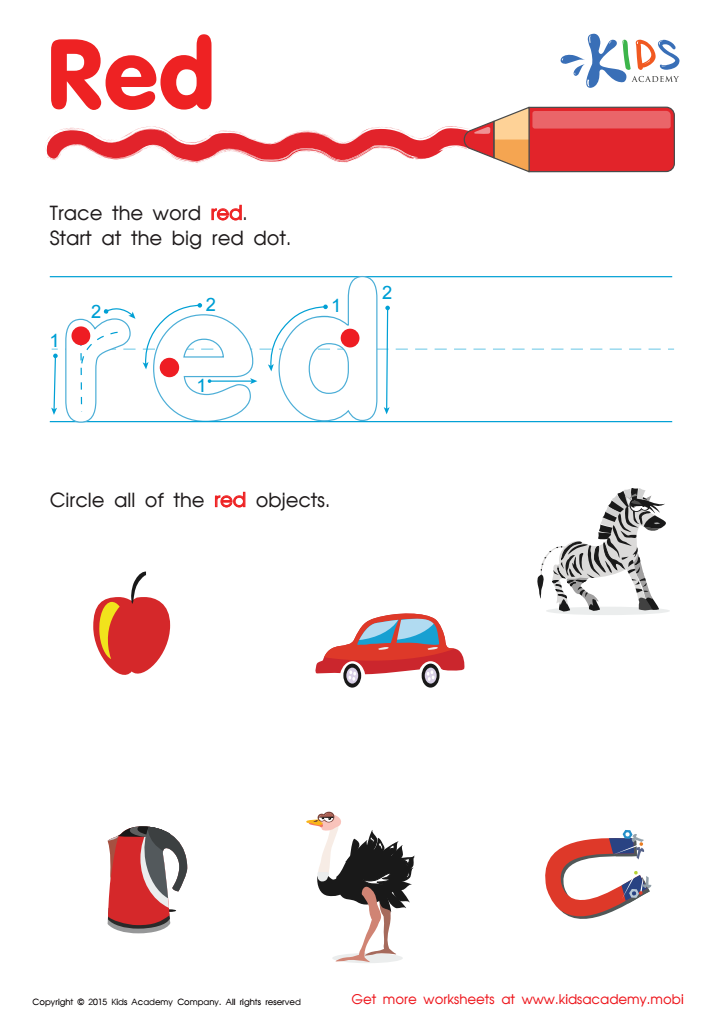

Red Tracing Color Words Printable
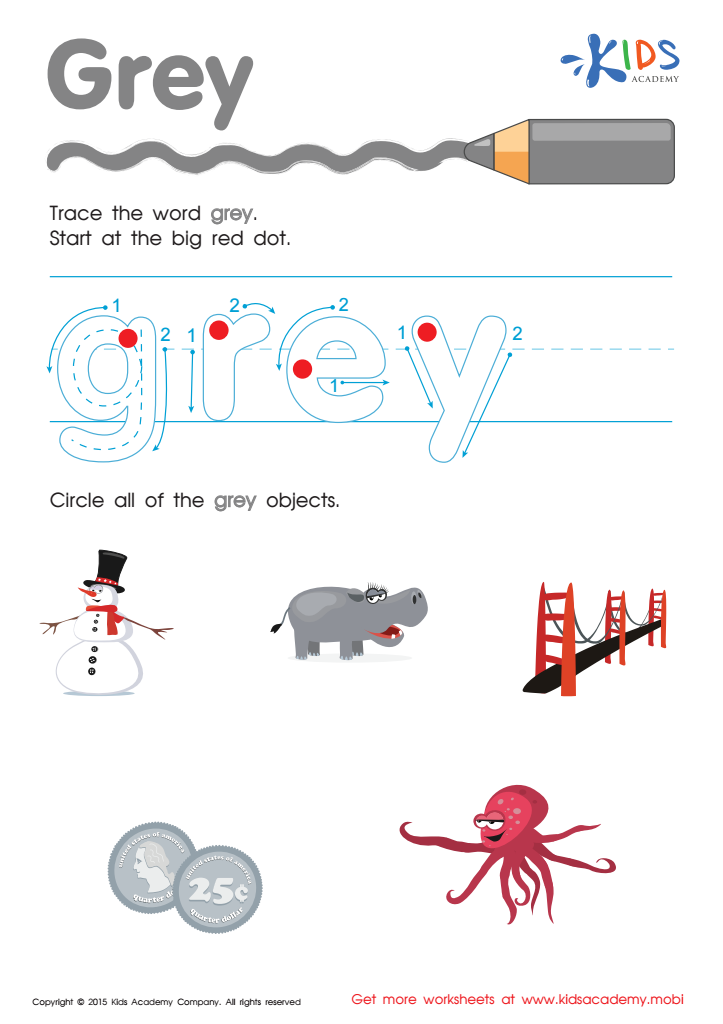

Grey Tracing Color Words Worksheet
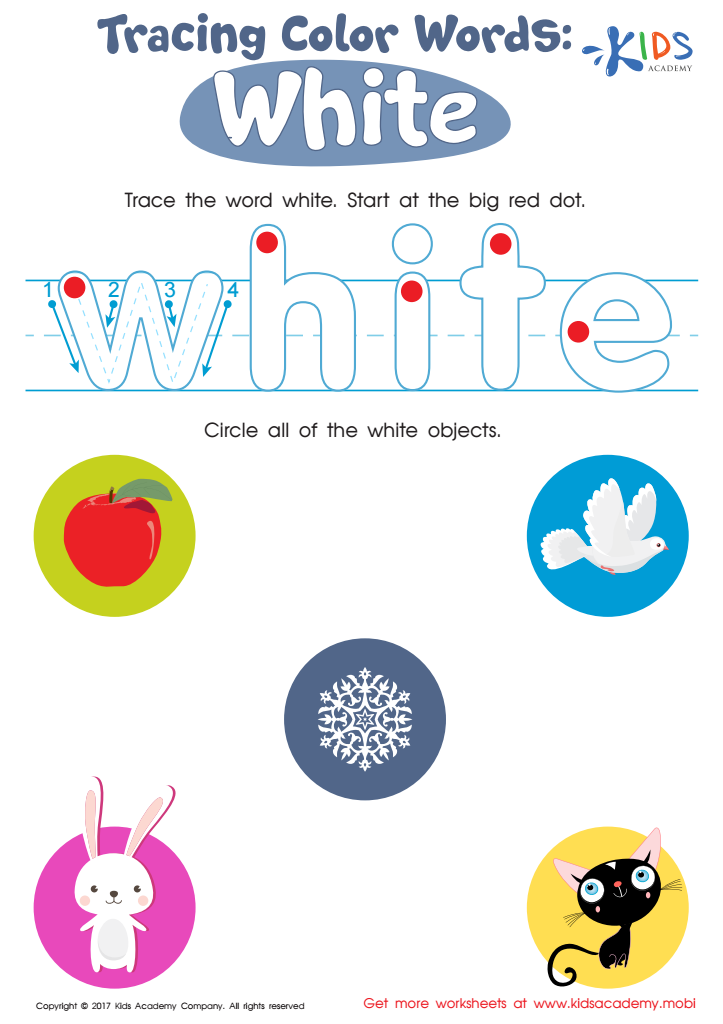

White Tracing Color Words Worksheet
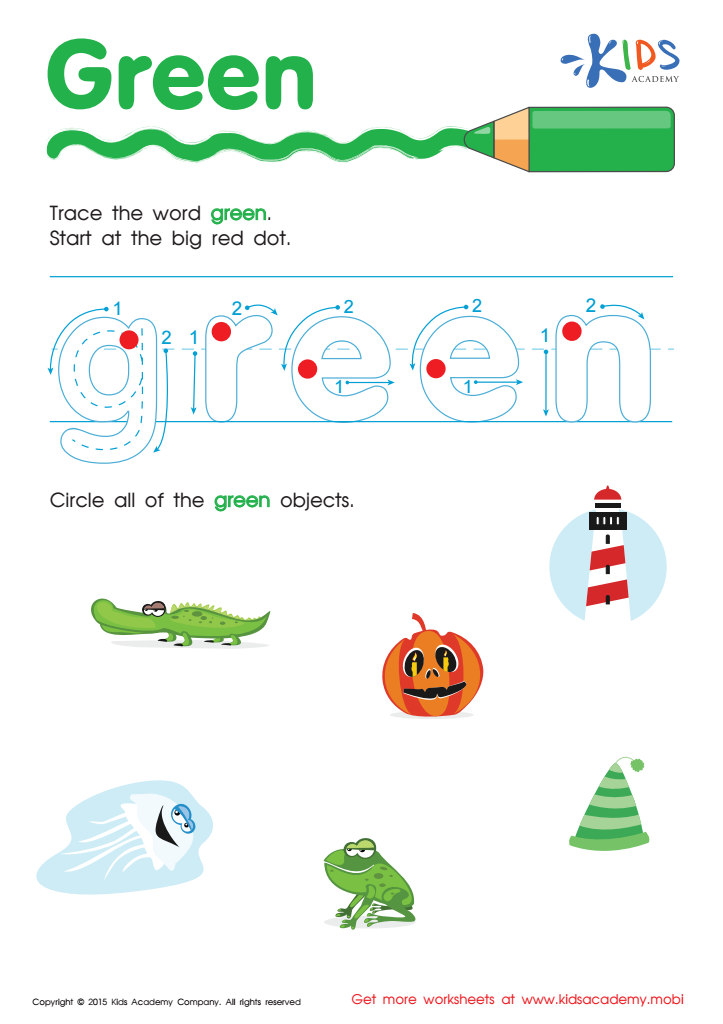

Green Tracing Color Words Worksheet
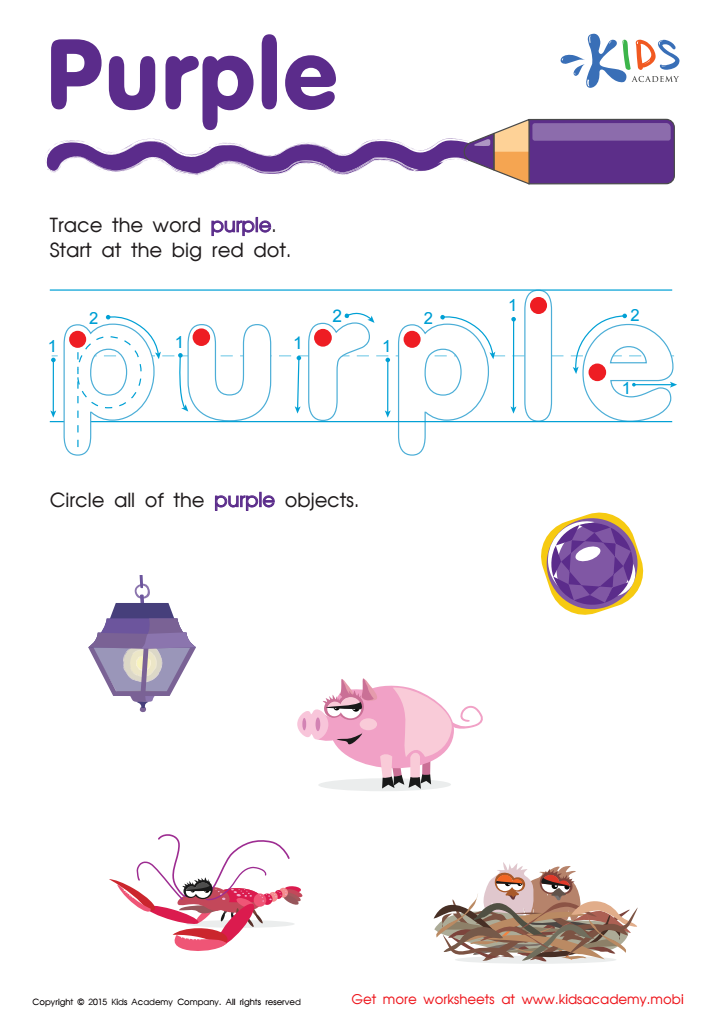

Purple Tracing Color Words Worksheet
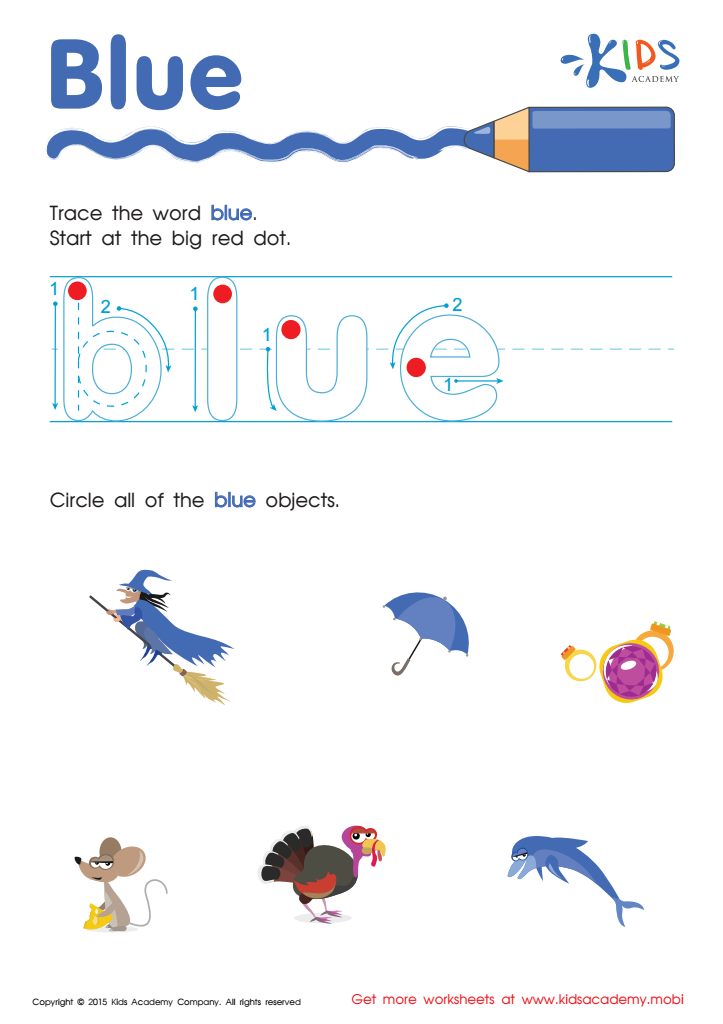

Blue Tracing Color Words Printable
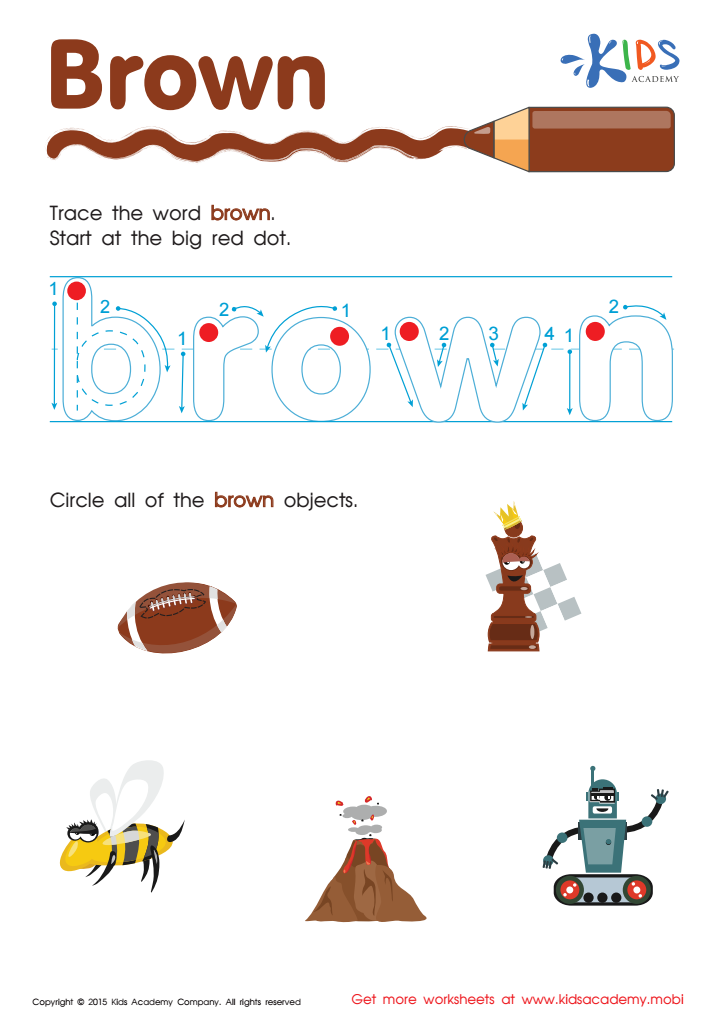

Brown Tracing Color Words Worksheet
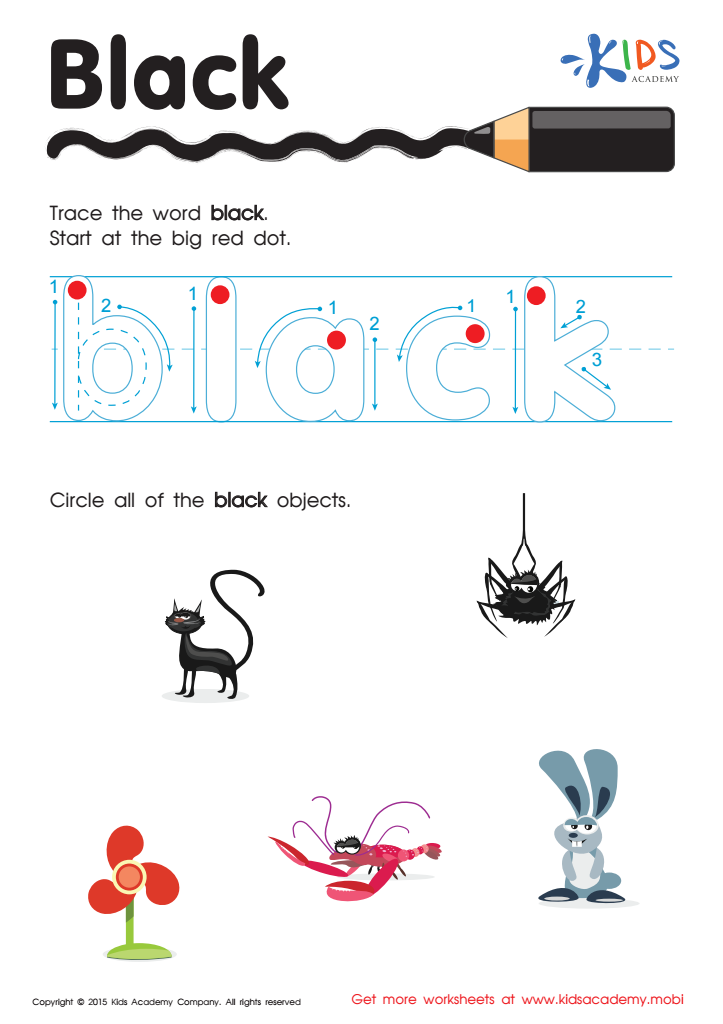

Black Tracing Color Words Printable
Normal Tracing Words worksheets activities for Grade 3 are a fundamental tool in the development of young learners' literacy skills. These exercises are specifically designed to enhance children's handwriting, spelling, and reading abilities in a structured yet enjoyable manner. The benefits of incorporating Normal Tracing Words worksheets into a third grader's learning routine are multifaceted and significant.
Firstly, these tracing activities help in improving motor skills. Fine motor skill development is crucial for children of this age, and tracing words allows them to refine their pencil grip and control. This improved dexterity is not only beneficial for writing but also for other tasks requiring fine motor skills.
Secondly, Normal Tracing Words worksheets activities for Grade 3 aid in the reinforcement of spelling. By tracing words, children are given the opportunity to familiarize themselves with the spelling of new and challenging words in an engaging way. This repetitive action helps in embedding the correct spelling patterns in their memory, making it easier for them to recall these words when writing independently.
Moreover, these tracing worksheets serve as an excellent tool for vocabulary expansion. While tracing, students are exposed to a wide range of words, some of which may be new to them. This exposure helps in broadening their vocabulary, which is pivotal for their reading comprehension and overall language development.
Additionally, Normal Tracing Words worksheets can boost a child's confidence. As they become more proficient in tracing and subsequently, in their handwriting and spelling abilities, their confidence in their writing skills grows. This newfound confidence can encourage them to participate more in class and take on writing tasks with greater enthusiasm.
In conclusion, Normal Tracing Words worksheets activities for Grade 3 are indispensable in fostering a solid foundation in handwriting, spelling, and vocabulary. By integrating these activities into the learning curriculum, educators and parents can significantly contribute to the holistic development of their children's literacy skills.

 Assign to the classroom
Assign to the classroom
